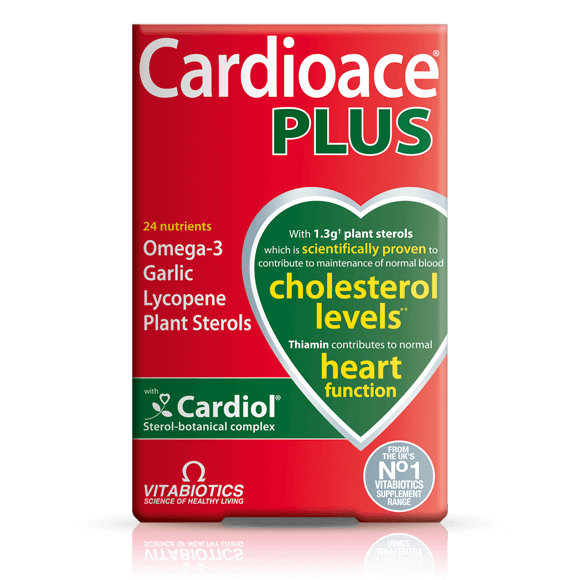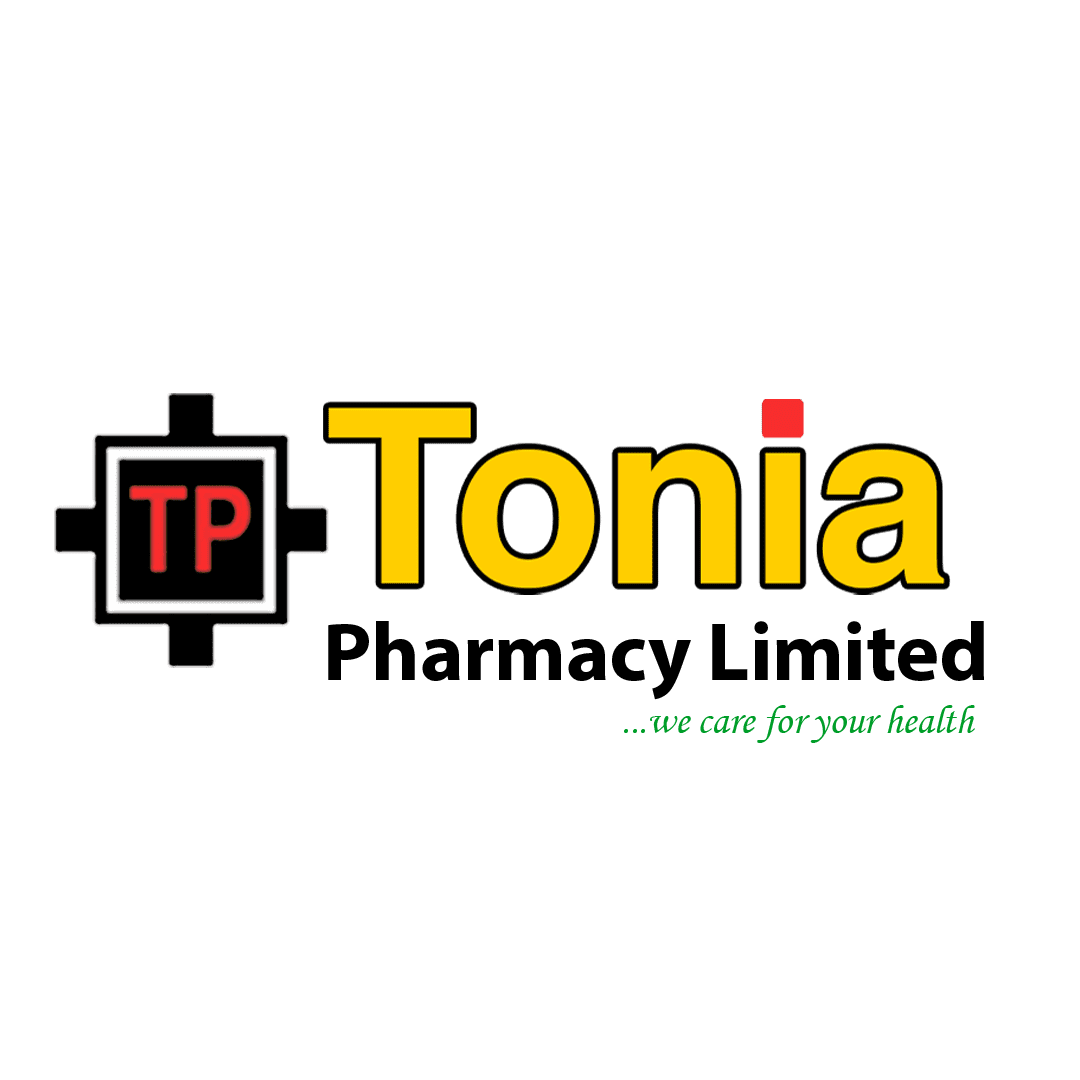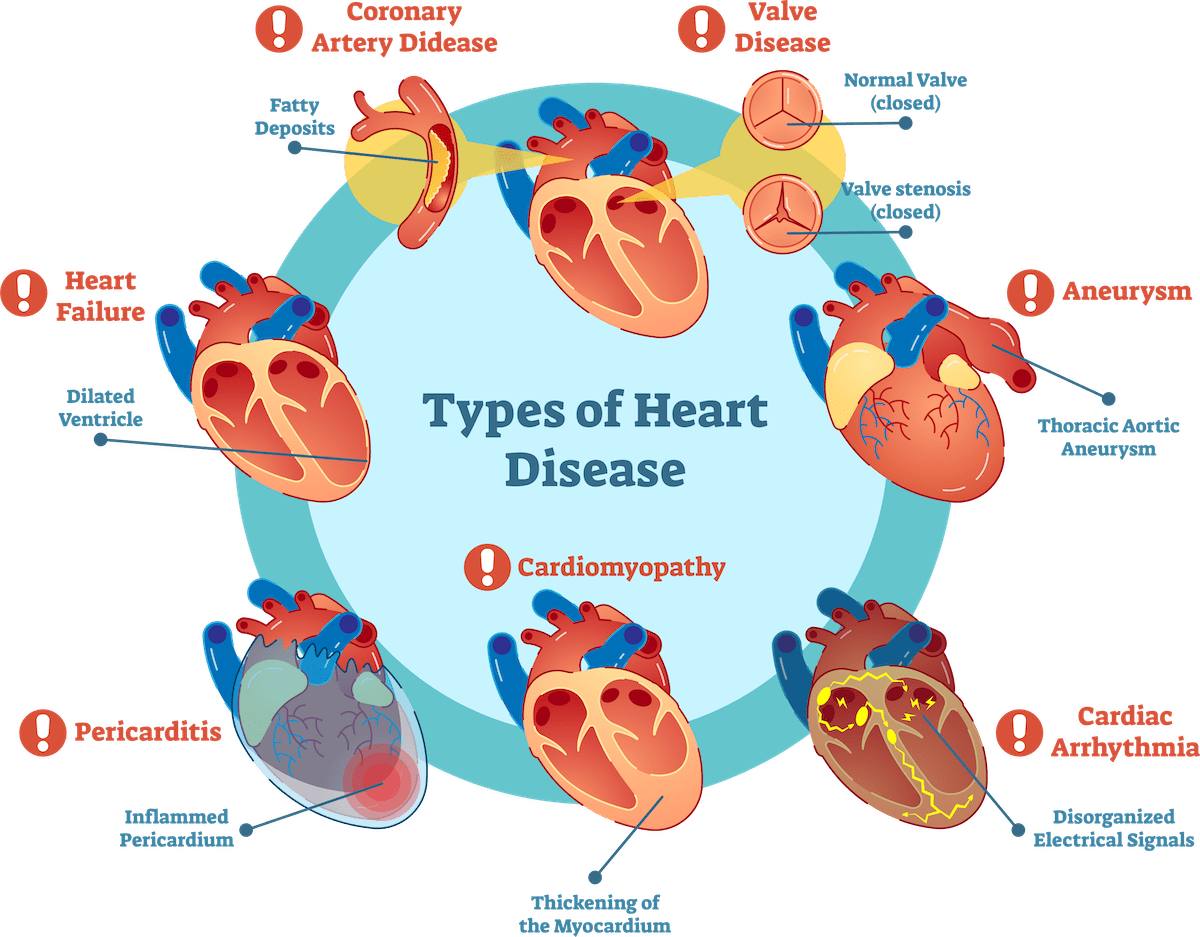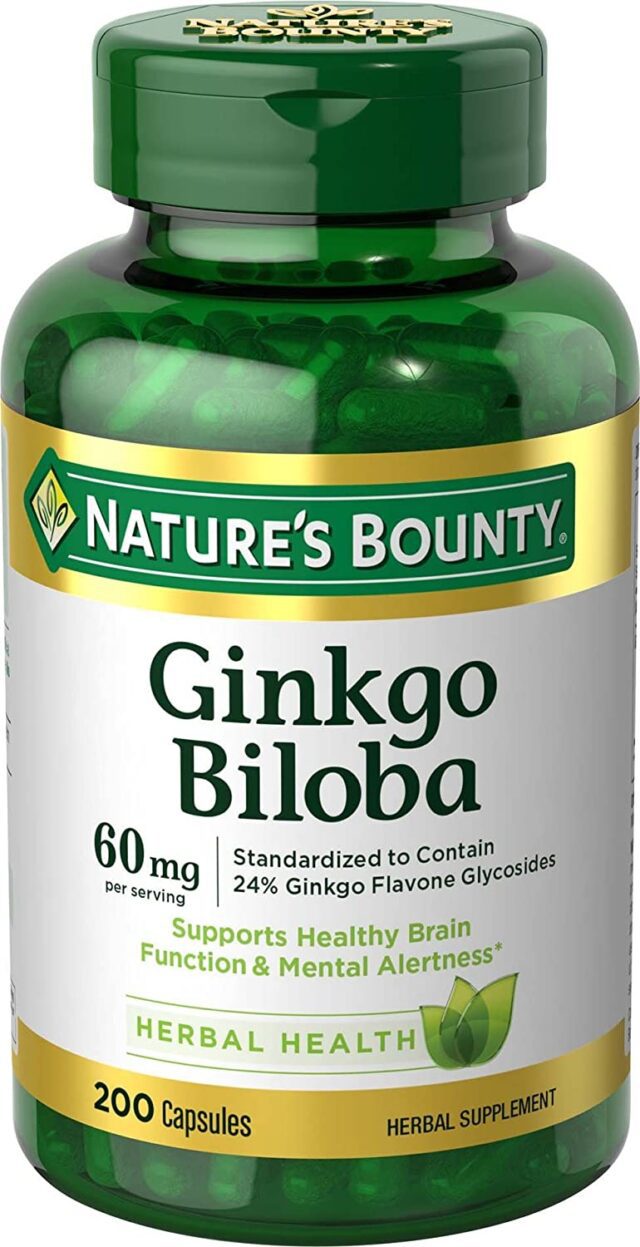Cardiovascular diseases (CVDs) are the leading cause of death globally, taking an estimated 17.9 million lives each year. CVDs are a group of disorders of the heart and blood vessels and include coronary heart disease, cerebrovascular disease, rheumatic heart disease and other conditions. More than four out of five CVD deaths are due to heart attacks and strokes, and one third of these deaths occur prematurely in people under 70 years of age.
The most important behavioral risk factors of heart disease and stroke are unhealthy diet, physical inactivity, tobacco use and harmful use of alcohol. The effects of behavioral risk factors may show up in individuals as raised blood pressure, raised blood glucose, raised blood lipids, and overweight and obesity. These “intermediate risks factors” can be measured in primary care facilities and indicate an increased risk of heart attack, stroke, heart failure and other complications.
Symptoms:
Heart attack and stroke
Often, there are no symptoms of the underlying disease of the blood vessels. A heart attack or stroke may be the first sign of underlying disease. Symptoms of a heart attack include:
- pain or discomfort in the Centre of the chest; and/or
- Pain or discomfort in the arms, the left shoulder, elbows, jaw, or back.
In addition the person may experience difficulty in breathing or shortness of breath; nausea or vomiting; light-headedness or faintness; a cold sweat; and turning pale. Women are more likely than men to have shortness of breath, nausea, vomiting, and back or jaw pain.
The most common symptom of a stroke is sudden weakness of the face, arm, or leg, most often on one side of the body. Other symptoms include sudden onset of:
- numbness of the face, arm, or leg, especially on one side of the body;
- confusion, difficulty speaking or understanding speech;
- difficulty seeing with one or both eyes;
- difficulty walking, dizziness and/or loss of balance or coordination;
- severe headache with no known cause; and/or
- Fainting or unconsciousness.
People experiencing these symptoms should seek medical care immediately.
Rheumatic heart disease
Symptoms of rheumatic heart disease include: shortness of breath, fatigue, irregular heartbeats, chest pain and fainting. Symptoms of rheumatic fever (which can cause rheumatic heart disease if not treated) include: fever, pain and swelling of the joints, nausea, stomach cramps and vomiting.
Treatment:
The risk factors for CVD include behaviors such as tobacco use, an unhealthy diet, harmful use of alcohol and inadequate physical activity. They also include physiological factors, including high blood pressure (hypertension), high blood cholesterol and high blood sugar or glucose, which are linked to underlying social determinants and drivers such as ageing, income and urbanization.






